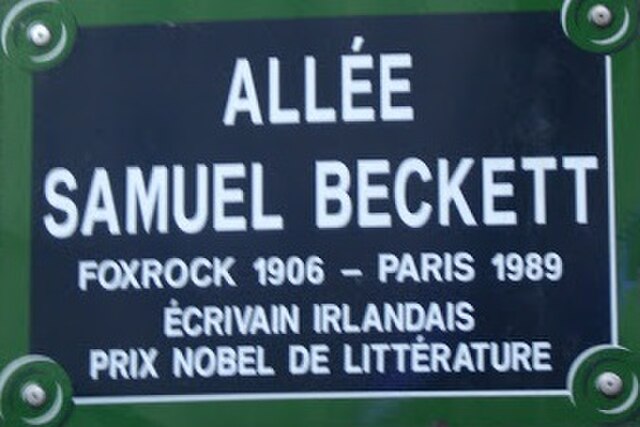The Prix Goncourt is a prize in French literature, given by the académie Goncourt to the author of "the best and most imaginative prose work of the year". The prize carries a symbolic reward of only 10 euros, but results in considerable recognition and book sales for the winning author. Four other prizes are also awarded: prix Goncourt du Premier Roman, prix Goncourt de la Nouvelle, prix Goncourt de la Poésie (poetry) and prix Goncourt de la Biographie (biography). Of the "big six" French literary awards, the Prix Goncourt is the best known and most prestigious. The other major literary prizes include the Grand Prix du roman de l'Académie française, the Prix Femina, the Prix Renaudot, the Prix Interallié and the Prix Médicis.
Prix Goncourt
Edmond de Goncourt
Journalists at Le Drouant restaurant, 2016 Prix Goncourt.
French literature generally speaking, is literature written in the French language, particularly by citizens of France; it may also refer to literature written by people living in France who speak traditional languages of France other than French. Literature written in the French language by citizens of other nations such as Belgium, Switzerland, Canada, Senegal, Tunisia, Algeria, Morocco, etc. is referred to as Francophone literature.
Paul Verlaine (far left) and Arthur Rimbaud (second to left) in an 1872 painting by Henri Fantin-Latour.
Samuel Beckett Walk, Paris (France). Nobel Prize 1969.
Seminar with Claude Simon, Cerisy (France). Nobel Prize 1985.
French contemporary literature workshop with Marc Avelot, Philippe Binant, Bernard Magné, Claudette Oriol-Boyer, Jean Ricardou, Cerisy (France), 1980.







